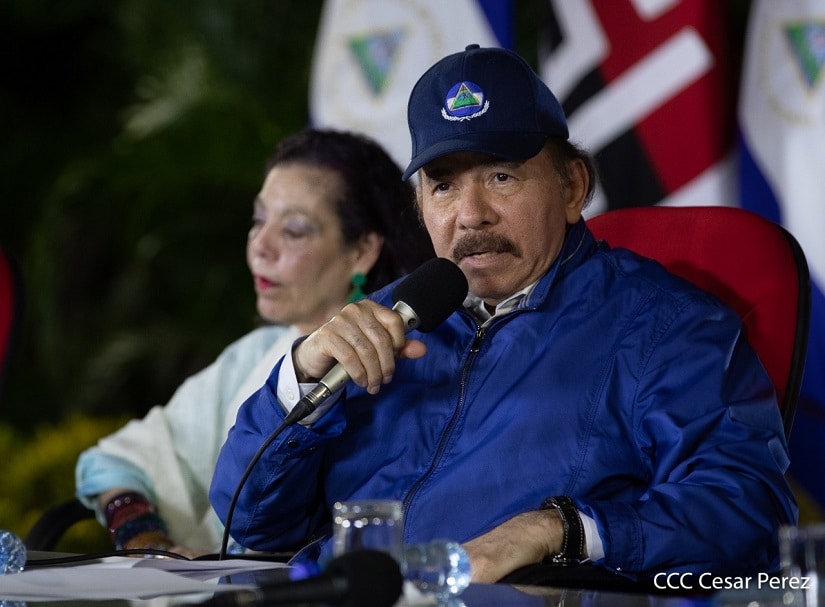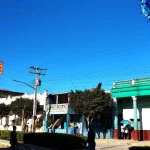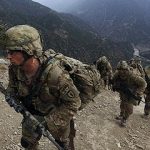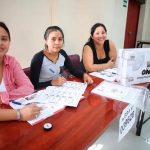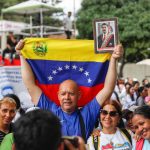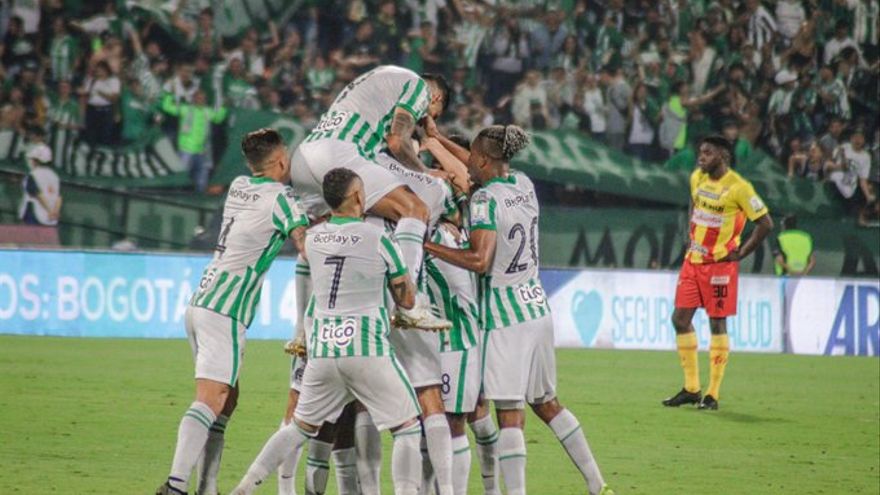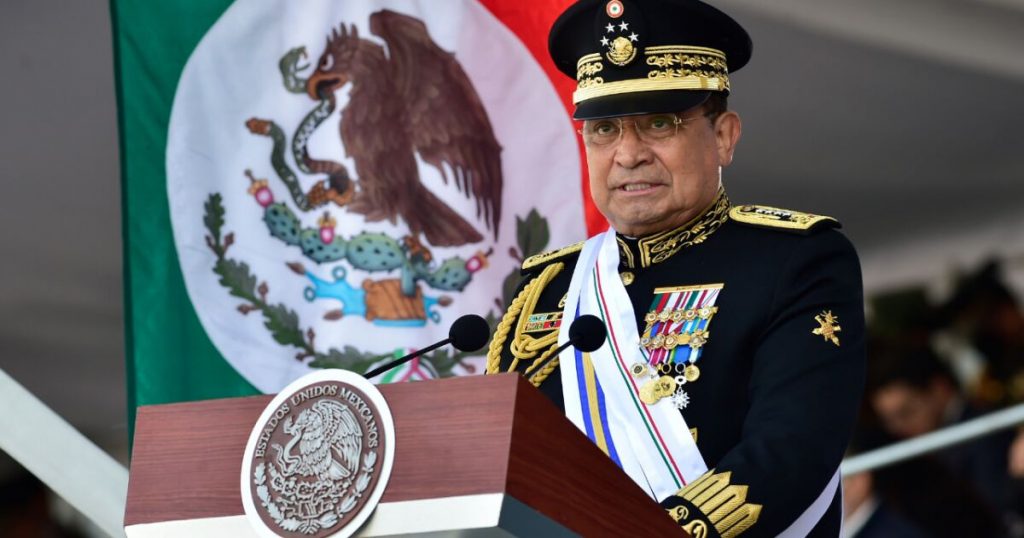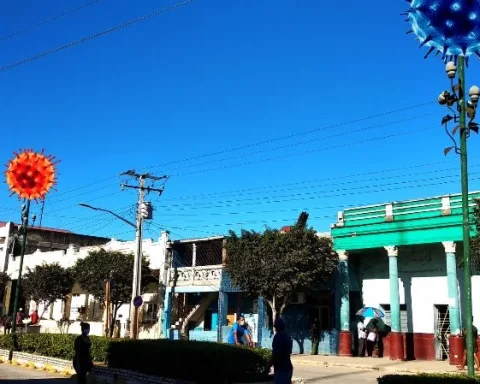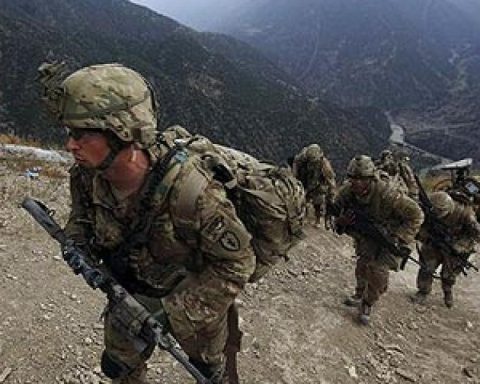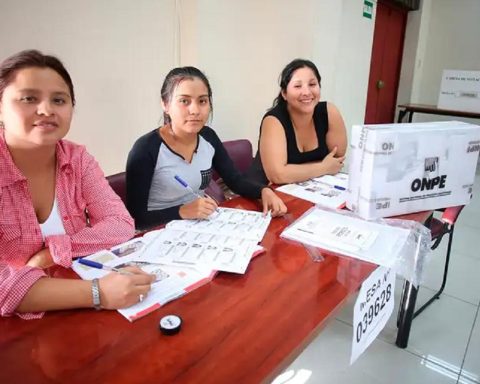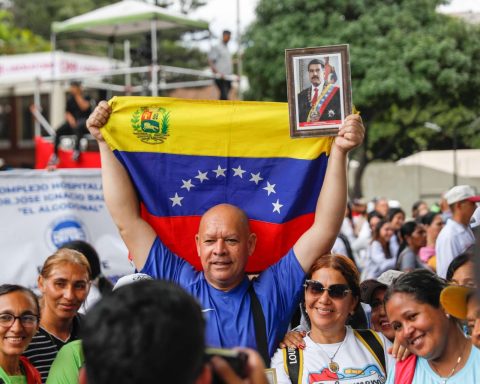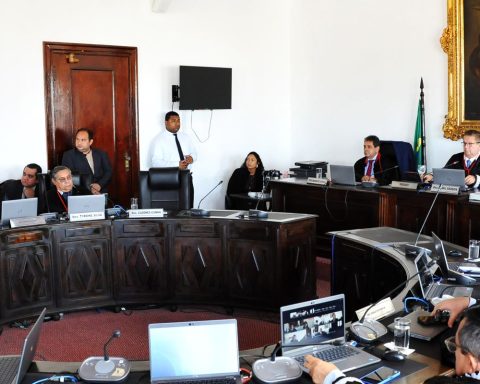The eventual financial repercussions for Nicaragua due to its departure and / or suspension in the Organization of American States (OAS), as well as due to the development of the socio-political crisis in which the country is immersed, will depend on the reading of these events made by the representatives of the different partner governments of the multilateral organizations, which is conditioned by their ideological guidelines or geopolitical interests, warned the economist and political analyst, Enrique Sáenz.
However, Sáenz highlighted in an interview on the program Tonight- that is transmitted by Facebook and Youtube due to the censorship of the Ortega regime – that the political events derived from the electoral farce of last November 7 and the wave of arrests unleashed by the dictatorship, will affect the decisions that the partners of multilateral organizations such as the Inter-American Bank will take Development (IDB), Central American Bank for Economic Integration (CABEI) and the World Bank.
He explained that there is no direct or automatic repercussion on the international financial institutions due to the fact that Nicaragua has started the process of leaving the OAS or a possible suspension of the country as a result of what was established by the General Assembly of foreign ministers of this body that is took place on November 12.
Therefore, no matter which of these two scenarios is realized, they will not automatically imply that it has to be replicated by financial institutions. Even by the IDB itself, since this multilateral organization works regardless of what happens in the OAS, despite being framed in the same inter-American system.
However, Sáenz warns that we must not lose sight of what he calls “indirect effects” in the votes to approve loans issued by partner governments of multilateral organizations.
“Although there is no automatic direct relationship, obviously there is from an indirect point of view, in the sense that the bulk of the votes in the IDB includes the United States. A part of Latin America has a rather relative weight, but there are also the partners from Europe. From that point of view, if there is a correspondence between the political declarations of the governments within the framework of the OAS and within the framework of the European Union, with the decisions expressed in the governing bodies of financial institutions such as the IDB, then surely there will be an impact, but not automatically, “he explained.
The scenario changes a bit in relation to CABEI, an institution that became the main financial lifeline of the regime, with 2.28 billion dollars granted between January 2017 and June 2021.
The United States, the country that has imposed the most political and diplomatic pressure on the regime demanding the restitution of civil liberties, is outside this financial institution. Its main partners are Honduras, Guatemala, El Salvador, Nicaragua, Costa Rica, Panama, the Dominican Republic and the Republic of China Taiwan.
“The governing bodies of CABEI are the Assembly of Governors and the Board of Directors, in which the governments that are guided by their interests and political leanings are represented. Certainly the presidency of CABEI plays a very important role in the process of processing and executing loans and speeding up the procedures, but it is not the president of CABEI who approves (the disbursements), it is the representatives of the governments. It will be necessary to see what is the political evolution of these governments and the reality of how the crisis evolves ”, said Sáenz.
“Dante Mossi has taken an unseemly position”
The presidency of CABEI is held by the Honduran Dante Mossi, an official noted to be complacent with the excesses of the Ortega regime and whose influence was what made this regional entity the main financial provider for the Ortega Murillo administration, after precisely entities Like the IDB, the World Bank and the IMF they were dissociating themselves from the regime as a result of the repression of the civil protests of April 2018.
Mossi seeks his re-election as head of CABEI and according to the former representative of Costa Rica in this financial entity, the Costa Rican Ottón Solís, the Honduran “promoted loans for Nicaragua, and we were appointed to the board of directors, because Dante Mossi’s strategy is re-election . Next year we must elect the president of CABEI and he is going to seek reelection, so it is important for him to have the vote of Nicaragua, “as he expressed in an interview published in CONFIDENTIAL.
Sáenz also questioned Mossi’s tolerance for the Ortega regime, and dismissed the Honduran official’s arguments to justify his position.
“The president of CABEI has taken an unseemly position, it must be said. He always argues that CABEI is an apolitical institution, but the actions taken by the president are political, “he said.
He explained that in the case of CABEI, a good part of the resources that it captures and channels to its partners come from the international capital market. This allows this financial institution to obtain resources under more favorable conditions than those that a government could achieve on its own, and transfer them in the form of credit to those countries that require it.
The instability that Nicaragua brings as a member of CABEI
“A good part of these resources are flat and flat debt, because they are not concessional resources like those of the IDB or the World Bank. In consequence, if those who grant these resources are attentive to the political evolution (of Nicaragua), to what are the credit transactions that are carried out with its partners, obviously this can have an impact, if it no longer has it, in the reputation and the risk perceived by these lenders ”, said the economist.
“We are talking about a political situation that is generating instability in the region, from the confrontation of one of CABEI’s partners (Nicaragua) with the main commercial partners of Central America such as the United States and the European Union,” he added.
Sáenz is one of those who think that the fact that Ortega has assigned himself an electoral victory after the process without political competition on this November 7 does not imply a political consolidation or many, a consequent economic stability.
The economist estimates that the regime will have many difficulties in the economic field, which will be visible, despite the fact that the propaganda apparatus of the dictatorship is focused on emphasizing that Nicaragua is experiencing a period of constant economic growth.
“Ortega at this time does not have any instrument to reverse the political crisis. You may look to collude with your allies in January to show you have some kind of backing. Nor does it have any type of instrument to reverse international isolation, nor the serious economic situation that is being experienced and its social impact. Where are you going to receive financial aid? That is not from the multilateral financial institutions, only that it falls from the sky, “he said.
